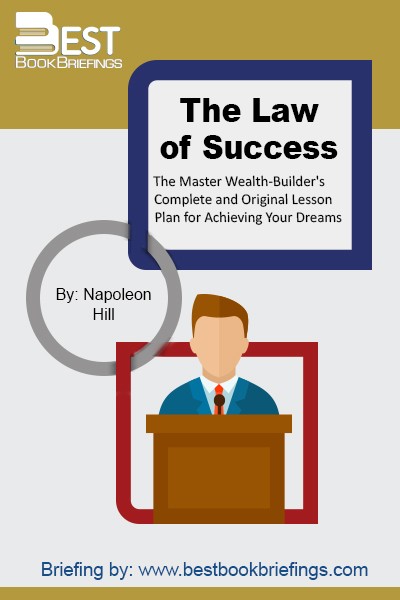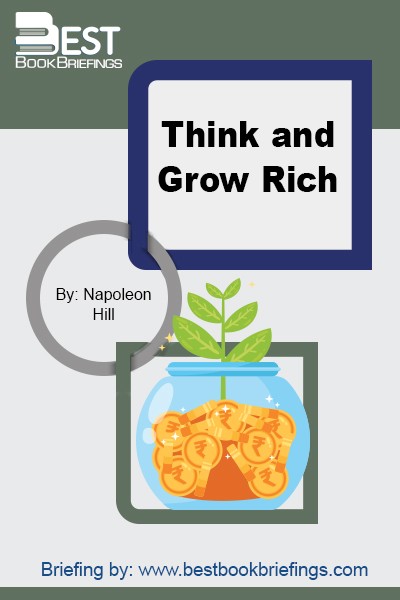The Law of Success
The Master Wealth-Builder's Complete and Original Lesson Plan for Achieving Your Dreams
Number of pages: 640
Publisher: Tarcher Perigee
BBB Library: Business Classics, Personal Success
ISBN: 978-1585426898
Editorial Review
The Law of Success is considered a classical book for its core is how to attain success, the ultimate goal of humanity ever since its creation, through applying fifteen principles. These principles help man harness his powers, overcome his weaknesses, and channel his talents toward a “definite chief aim”. Ever since the first publication of the book in 1928, and till the present moment, the fifteen principles have been either scattered through, or collected in, books of management (though synonymous words or terminology) and tackled in a way that provides the reader and/or student with a recipe to attain success: for sound principles remain unchanged, and correct teachings and values do last.
Book Reviews
Books on Related Topics
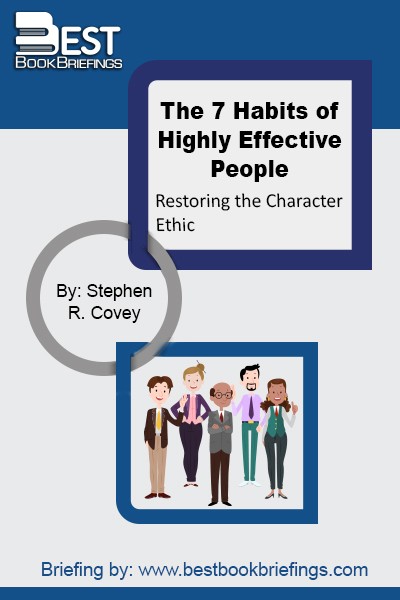
Almost all the literature in the first 150 years or so focused on what could be called the “Character Ethic” as the foundation of success—things like integrity, humility, fidelity, temperance, courage, justice, patience, industry, simplicity, modesty and the Golden Rule. Benjamin Franklin’s autobiography is representative of that literature. It is, basically,

In 1983, Dr. Rosabeth Moss Kanterwrote The Change Masters, a practical book which had a major impact on the conduct of American business and management.Sheargued that American business was facing an unfavorable economic and social environment and in dire need of an American corporate Renaissance. In executive suites throughout America, The Change
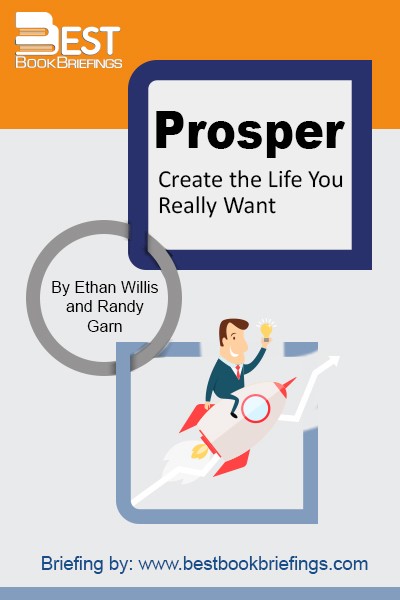
We see prosperity as multidimensional. When you are happy, when you have enough money and are at peace with how you are earning that money, this leads to the sustainable state that we describe as prosperity. Balancing these three things—money, happiness, plus sustainability—leads to prosperity. The prosperity that we value depends
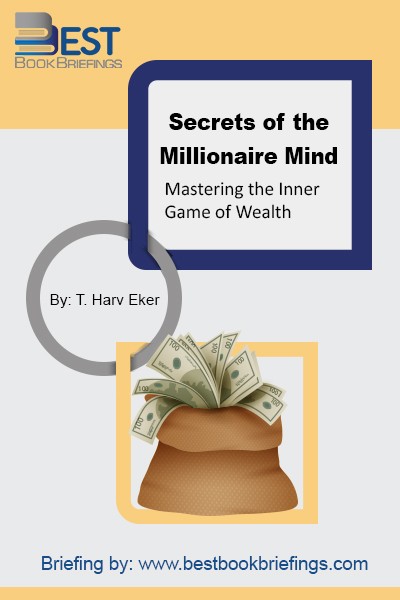
Have you ever wondered why some people seem to get rich easily, while others are destined for a life of financial struggle? Is the difference found in their education, intelligence, skills, timing, work habits, contacts, luck, or their choice of jobs, businesses, or investments? The shocking answer is none of the
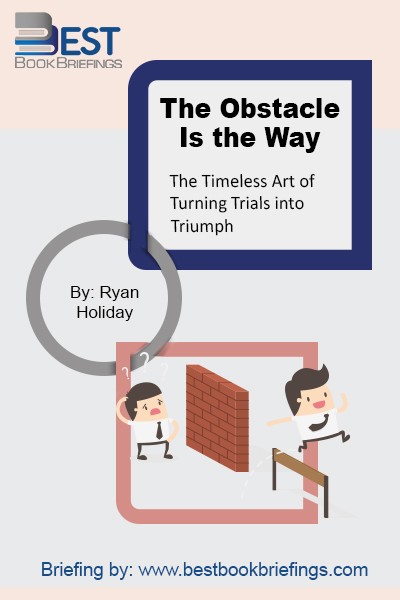
In the year 170, at night in his tent on the front lines of the war in Germania, Marcus Aurelius, the emperor of the Roman Empire, sat down to write to himself, for himself. He wrote only one paragraph, but it is more than enough for us: Our actions may be

When it comes to achieving our goals, I know a lot of us feel like that: We start out strong and make huge strides, gathering momentum as we go. Then we get derailed or fall short of our hopes. Not always—but often enough that most of us can point to a

The goal of this book is to show you how to think like a lawyer. We don’t intend to bombard you with minor legal details, but instead, we hope to present the big picture of the foundations of the law. Along the way, we will question and examine it to see

How can you turn a passion into a thriving business? By growing a following of people who are passionate about the same thing as you and providing them with regular expert content and help related to your passion. Once you do, you can easily monetize that following—through books, courses, coaching, consulting,

